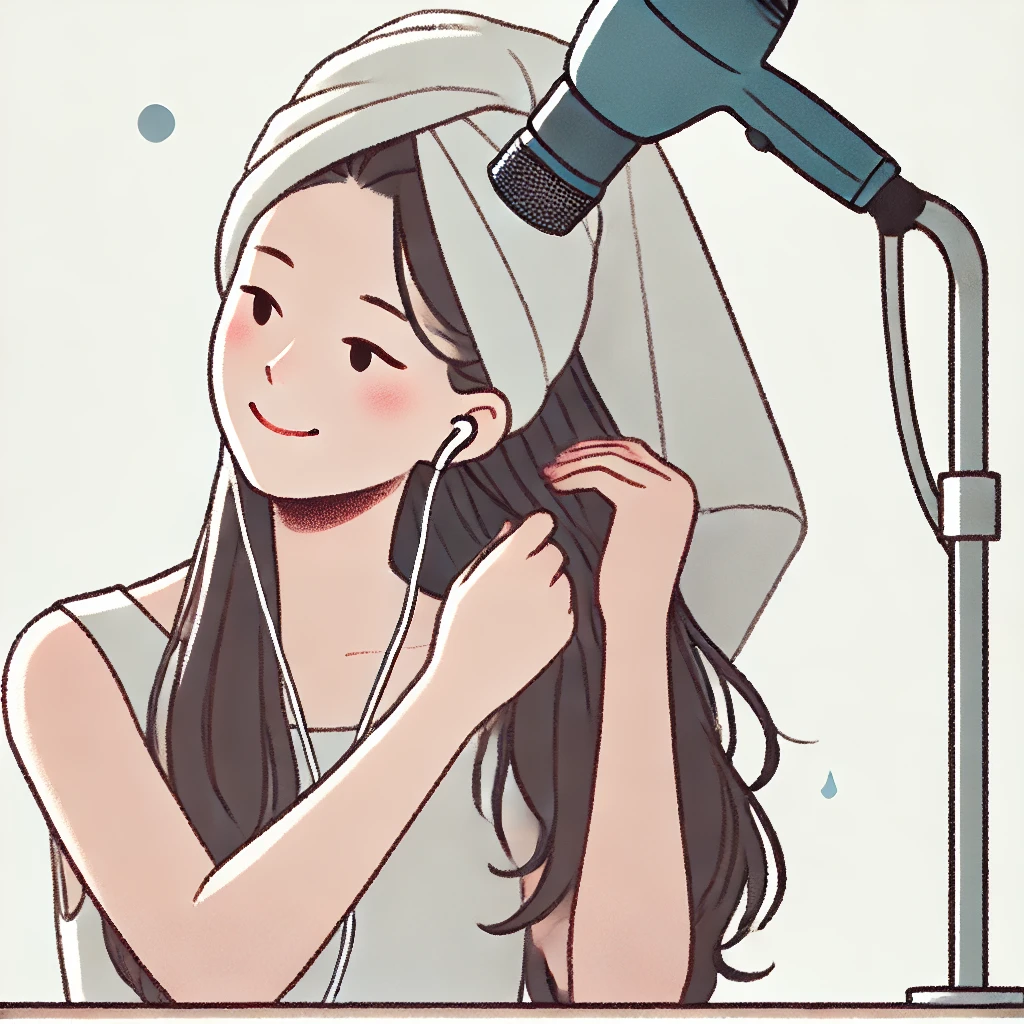ADHD and Hygiene: 7 Practical Tips to Make Self-Care Easier (and Less Boring!)
ADHD and Hygiene: Practical Tips for Women
If you're struggling with hygiene because it feels boring or repetitive, or if you just don’t have the time, you’re not alone. Many women with ADHD find it tough to maintain these routines, especially when life is busy with work, children, and managing a household. It’s easy to put yourself last when you’re juggling so much. Here’s why this happens and how you can make hygiene more manageable.

Why Is Hygiene Hard for Women with ADHD?
- Executive Function Struggles
- Managing multiple steps, like showering, grooming, and dressing, can feel overwhelming. Women often have extra tasks like picking out clothes, doing their hair, and makeup, making it even more complex.
- ADHD affects executive function, which is your brain’s ability to plan and organize. This makes it hard to manage the sequence of hygiene tasks.
- Boring and Repetitive
- Brushing your teeth, washing your face, and taking a shower can feel like uninteresting, repetitive tasks. For ADHD brains that crave novelty, these can feel like a chore.
- Many women with ADHD find it hard to think long-term. Even though you know not brushing your teeth could harm your health, your brain doesn’t always care in the moment.
- Time Management and Overwhelm
- Women with ADHD often juggle too many responsibilities—work, kids, spouse, and household chores. This leaves little energy for self-care, and hygiene can be the last thing on your mind.
- Putting yourself last is common for women who manage more than they should. Hygiene can feel like it’s at the bottom of a very long list of priorities.
- Sensory Processing Issues
- The physical sensations involved in hygiene—like the feel of water or soap—can be uncomfortable for women with ADHD. Sensory overload can cause you to avoid tasks like showering or using certain products.
- Hormonal Fluctuations
- Hormonal changes during your menstrual cycle can worsen ADHD symptoms, making self-care even harder. In the days before your period, it might feel nearly impossible to stick to your routine.
- Emotional Challenges
- Many women with ADHD struggle with low self-esteem and emotional regulation. When hygiene becomes difficult, it can trigger feelings of shame or guilt, which makes it even harder to start again.
- Co-occurring Conditions
- Women with ADHD often experience co-occurring conditions like anxiety or depression. These make self-care routines feel even more overwhelming.
Practical Tips for Managing Hygiene with ADHD
- Make Hygiene More Engaging
- Add entertainment: Try listening to music, podcasts, or audiobooks while doing your hygiene routine. Some women use waterproof phone cases to watch videos in the shower.
- Change it up: Use fun or new products (like toothpaste with a new flavor or shower gels with different scents) to add novelty and keep your brain engaged.
- Create a Routine with External Reminders
- Set alarms or reminders on your phone to help you remember when it’s time for hygiene.
- Checklists: Keep a checklist of your hygiene tasks. Breaking them into small steps (e.g., “brush teeth,” “shower,” “moisturize”) makes them feel more manageable.
- Make it a habit: Consistent routines help. When hygiene becomes a habit, you’re less likely to let it slip.
- Simplify Your Environment
- Organize your space: Keep your bathroom simple and free from distractions. Have all your hygiene products in one place so it’s easier to get started.
- Reduce decision fatigue: Use fewer but high-quality products, and create a hygiene “kit” with everything you need. This makes it easier to follow through.
- Adjust for Sensory Needs
- If certain textures or smells bother you, switch to sensory-friendly products, like unscented or hypoallergenic options. Adjust the water temperature to what’s most comfortable for you.
- Address Hormonal Changes
- Track your menstrual cycle and adjust your routine when symptoms worsen. During the luteal phase (before your period), focus on simpler hygiene tasks that feel less overwhelming.
- Incorporate Fun into Hygiene
- Gamify it: Try to see how many days in a row you can floss, or set a timer and challenge yourself to finish before it goes off.
- Make it social: Narrate your routine as if you’re doing a YouTube skincare tutorial. Turning hygiene into a playful task can make it less boring.
- Self-Compassion and Mindfulness
- If you miss a hygiene task, practice self-compassion. Mindfulness exercises can help you stay present and reduce stress, making it easier to complete tasks without frustration.
Final Thought
As a woman with ADHD, you may be managing more than you should—work, kids, spouse, and household chores. It’s easy to put yourself last, but self-care is essential. By making hygiene more engaging, breaking it down into steps, and adjusting routines, you can make it easier to take care of yourself. Hygiene doesn’t have to feel like a chore—find ways to make it enjoyable and manageable.


